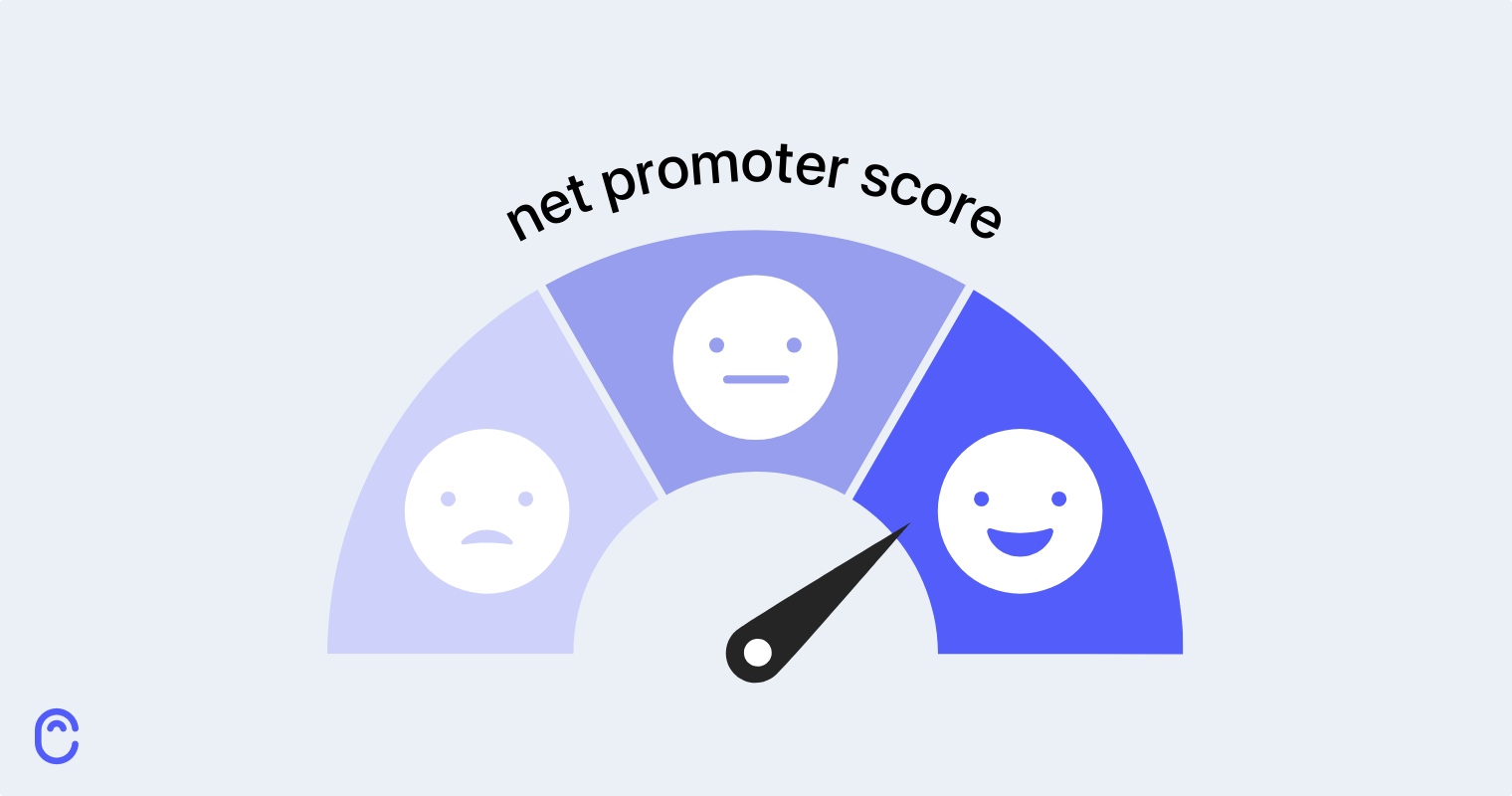SME Tips: How the Net Promoter Score (NPS) can help your Small Business

“Aunty, please refer us to your friends and family o! We need more business”
How often do you hear this whenever you patronize a local business and what sort of feeling or reaction does it invoke?
Promoting your business can come with a lot of cost implications, not to speak of the amount of hard work you need to put in for an extended period of time before you begin to see results. As a small business owner, every money put into the business matters and it must be spent wisely. In our last article where we highlighted the benefits of having an awesome customer testimonial, we mentioned that it promotes brand advocacy.
This is where your net promoter score comes in. Do you know how many of your customers are willing to recommend your product or service to their friends, family, neighbors, or colleagues? Have you been able to identify your brand advocates?
What is the Net promoter Score (NPS)?
This is an index used to measure the likelihood or willingness of a customer recommending your business to family, friends, colleagues, etc. The number for measuring it ranges from -100 to 100. It can be used as a metric for measuring customer satisfaction and a customer’s level of loyalty towards a brand and its products.
The Net Promoter Score and Small Businesses
It is tempting to find the notion of applying the NPS as a small business owner daunting as it requires a considerable level of technology to pull it off. Large corporations who have successfully maximized their potentials have had to invest hugely. Nevertheless, it is a veritable tool that can give you great insights into how your customers feel about your services or products, what you’re doing well, and the areas of your business where you need to improve.
The NPS helps you split your customers into three basic categories:
1. The promoters: These are customers who have positive experiences with your business over time and are willing to refer people to patronize you. They are your brand advocates.
2. The passives: The reaction of these customers is indifferent to whatever experience they have about your business. They may be satisfied with you but won’t go overboard to defend your brand. They are the ones who will hardly complain about bad service but will take their patronage elsewhere.
3. The detractors: These customers shout the loudest about a bad experience with your business. They wield so much power that they can mar the reputation of a brand if not handled appropriately. Little wonder Bill Gates called “unhappy customers, the greatest source of learning”.
NPS score ranges and their meanings

As mentioned earlier, the typical NPS score range for a business is from -100 to 100. When scaling your NPS, the range for customers is from 0-10, 10 being the score for excellent.
A promoter would score a business 9-10, meaning they are satisfied with your services/product, are loyal to your brand, and would toot your horn to their family and friends.
A passive would score a business 7-8, meaning they are more or less indifferent to the experience gained from interacting with your business. Their recommending your business is less likely.
A detractor would score a business 0-6, meaning they are not pleased and would be very vocal about their displeasure if given the opportunity.
To calculate this as a business, subtract the percentage of detractors from the percentage of promoters. If the achieved score is +50, you’re doing well and would need to consistently improve to remain within this range. If your score is less than 50, a review of your product or business process is critical to getting your business into the positive zone.
How can the use of NPS help your business?
Asides from helping you identify detractors, NPS helps your business to identify the problems with your customer experience design. It is recommended that the issues highlighted by the detractors should be fixed first before anything else. Prompt and effective resolution of such complaints has the potential of turning a detractor into a promoter.
Next, make it a duty to thank your promoters and take note of the positives they have highlighted about your business and be increasingly consistent in delivering that value to keep them coming back. That is the lifeline of a business: repeat purchases! The potentials of new business opportunities abound with this category of customers.
Don’t ignore the passives. From their comments, think up innovative ways to invoke their excitement about your business and go in for the win.
When drafting your NPS questions, it is important to personalize it. Your customers are more likely to give a detailed response, thus providing you with valuable feedback. For example, a question that might elicit a detailed response from a detractor could be ” Sorry to learn you’re not happy with our services, what would you like us to change in our services?”. In the mind of the customer, he/she acknowledges that you value their opinion and would go ahead to respond as detailed as possible.
A simple way to gather NPS for your business is to use Google online forms. Generate a link and share with your customers either via SMS or Whatsapp if they prefer to use that medium.
Hope you’ve found this article useful.


